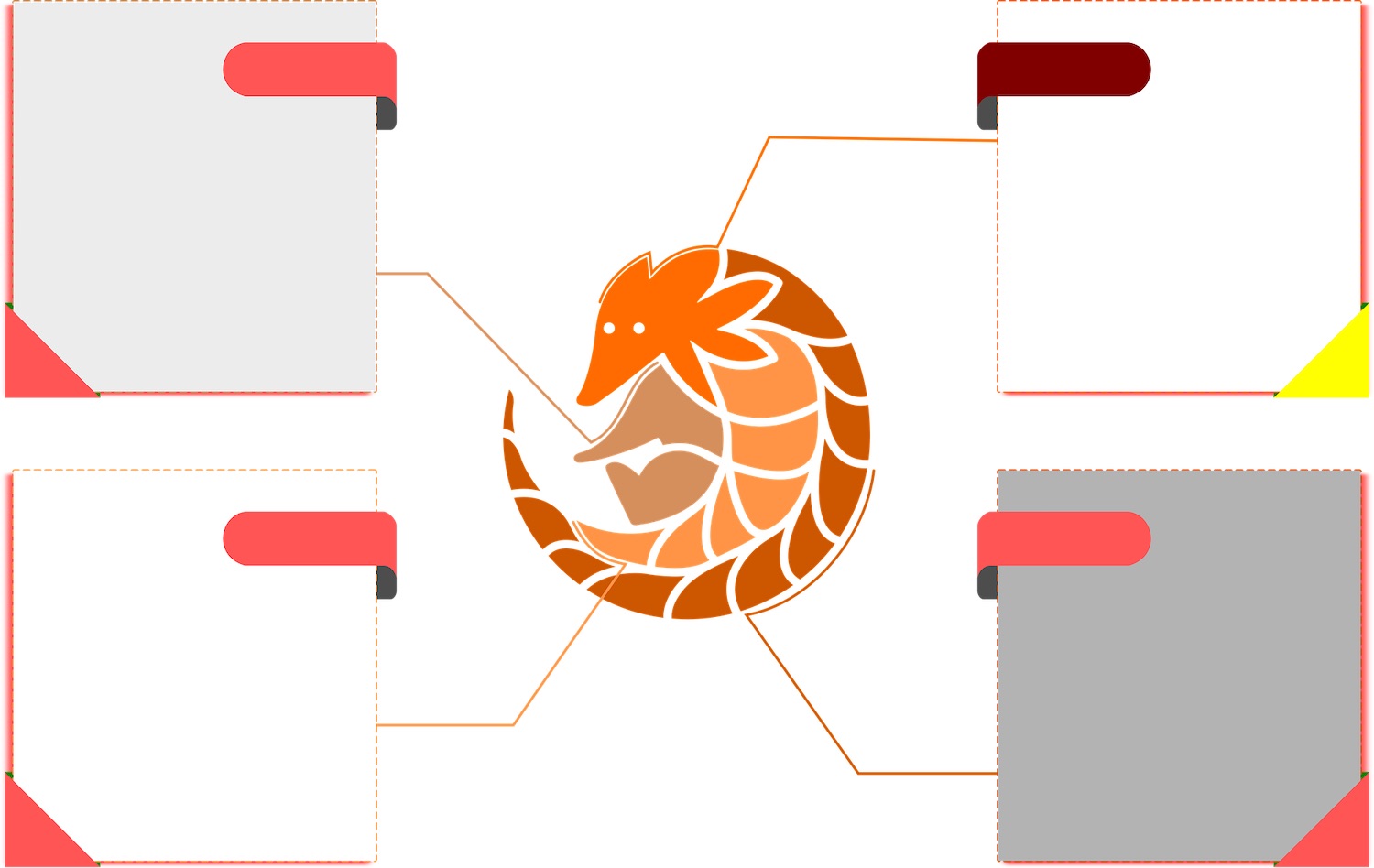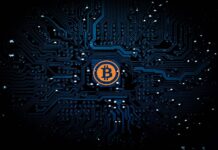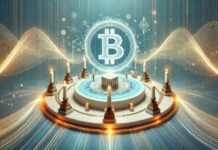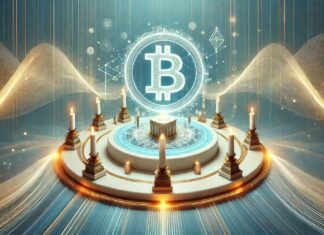Cryptographic technology has been rife and its innovative tools have taken over the tech market by storm. To be more specific, cryptocurrency and its different types (such as NFTs) have revolutionized platforms for smart contracts. This article explores what NFTs are and how they impact different industries, more specifically the gaming industry.
What is NFT
What does NFT mean? The shortcut NFT stands for the word NON-fungible tokens.
In order to know what it is, let us first explain what fungible tokens are.
Fungible token
The fungible token is a digital good that is exchanged for another digital good of the same value, just like how fiat currencies (real currencies) are exchanged. For example, a Bitcoin is fungible.
The main point of exchange is that digital token is of the same value; this is where fungibility comes into play, and non-fungible tokens are opposite of the meaning that two very different digital assets with different values can be exchanged using NFT. These tokens are digital ownership certificates and unique in nature; therefore, one cannot be exchanged for another.
Non-fungible token (NFT)
Nun-fungible tokens are gaining popularity in the art world and being used in art commerce. Since these tokens are relatively new, there is scope for finding new uses as well.
If you have created a pic, meme, or gif, then NFT can be used to claim its original ownership no matter how much it is replaceable and replicable. Therefore, people outside the art world are unable to grasp NFT artwork, as they question why a digital stamp needs to be put on something easily replaceable and imitable.
How Does NFT Work
There is a cryptographic platform where smart contracts are made; take Ethereum for example. These smart contracts are transaction protocols that aim to secure a transaction, action, and event. It also allows encrypted transactions to be recorded in the blockchain.
Non-fungible tokens are a type of cryptocurrency that is unique in nature and can’t be exchanged for one another. The NFTs come with a feature of storing asset’s details and its ownership. Therefore, when a buyer comes along, they’d be sure of its origin.
There are digital wallets, such as metamask that allow you to buy Ethereum and its token.
First, install metamask extension purchase Ethereum via debit card or Apple pay, then go to the website to purchase your first ever NFT or trade the one already in your possession (that is if the website allows this feature). Finally, connect your metamask wallet and that is it.
However, be very cautious to keep your metamask password and wallet keyword in a safe place. Just like a digital wallet, there are other encrypted tools like NFC that enhance a user’s experience. NFC technology allows smart devices to verify and give access to encrypted information.
On a side note, the NFC network has been used by gamers where they use NFC gaming cards to play card games. They can just slide the NFC card under a smart device and gain access to the game.
Use cases for NFTs
As already mentioned, non-fungible tokens are used in the gaming industry, art industry, sports industry, and potentially will be used in real estate as well. One of the first users to implement these tokens was gamers as they are already familiar with the digital collectibles.
Benefits of NFTs
The use of NFT opens opportunities for innovative revenue streams within several industries. Furthermore, through NFT, people can be exposed to cryptocurrency for the first time. Some of the benefits of this cryptocurrency are the following:
Authenticity
As non-fungible tokens are backed by blockchain technology, you’ll know that your NFT is authentic and unique because it’s almost impossible to create counterfeits with a decentralized and unchangeable record.
Readily Transferable
Since non-fungible tokens are decentralized, they are easily transferable in special marketplaces without the involvement of any central issuance agency or third-parties. Moreover, it is possible to own an asset in a diverse geographical location.
Preserve Ownership
Blockchain technology ensures to preserve the ownership rights. This means that NFTs are only transferred or transacted by the owner, and even the issuer of the NFT cannot alter the data without the consent of the owner.
Limited
Scarcity is the main component that gives the real value to NFTs. Despite having the freedom to generate an infinite number of non-fungible tokens, the developers often limit the number, which makes them rare and desirable items.
Where to Buy NFT
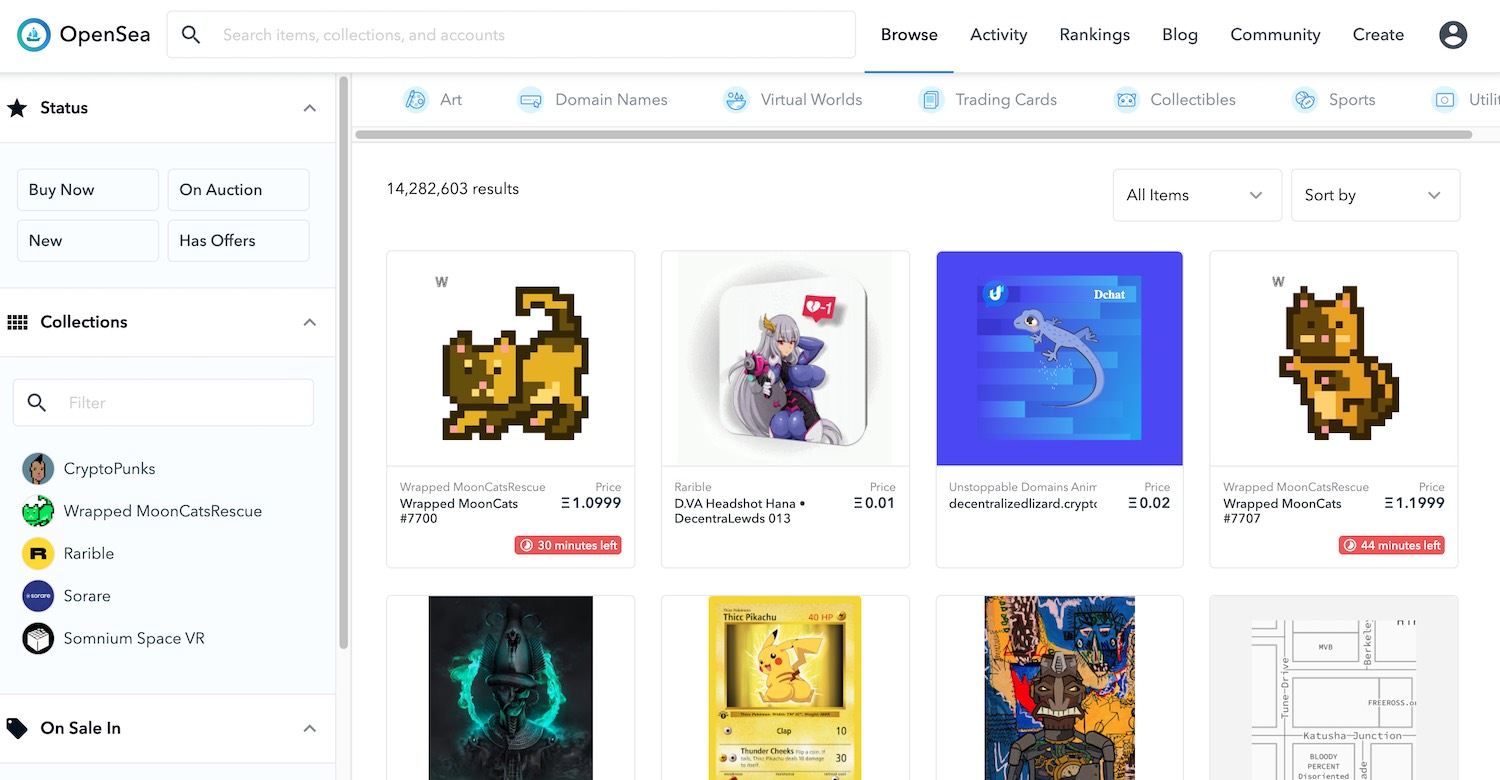
OpenSea.io is the world’s largest digital marketplace for crypto. It is a peer-to-peer marketplace for rare digital items and crypto collectibles. Buy, sell, auction, and discover CryptoKitties, Decentraland, Gods Unchained cards.
What are the Challenges with NFTs?
One of the cons of non-fungible tokens is that it can be tricky to handle a decentralized system and can be time-consuming at times. And, the concept of blockchain requires exhaustive simplification as people might not have its know-how.
Also, let’s not forget the risk of a market collapse. For instance, if a gamer buys NFTs with the intention to resell, they could be exposing themselves to this potential risk.
NFT Legal Risks and Requirements
There are several legal risks around NFTs, such as the risk of copyright infringement, ownership disputes, fraud or scams, and violating financial regulations such as money laundering. As the regulations around NFTs are still changing, NFT creators and buyers need to be aware of these risks and take steps to reduce them. In can involve seeking legal advice and conducting due diligence on NFT issuers and marketplaces.
Future of NFTs
Nowadays, the presence of cryptographic devices in our lives has decentralized control from the hands of the government, academia, and military. Information is an asset that, in the past, was controlled and managed by centralized institutions. Now, this is changing via smart technology.
Non-fungible tokens have swiftly entered the blockchain network and have enlarged their scope. Considering the pace with which this token is integrating into the digital ecosystem, we can expect further unprecedented innovation in cryptographic technology.
